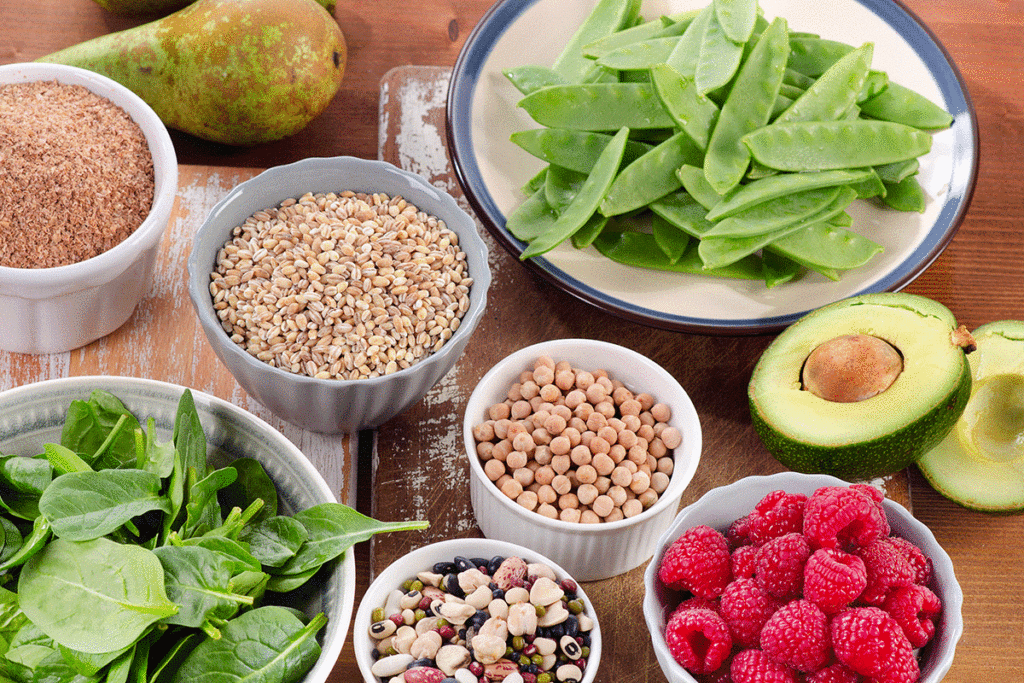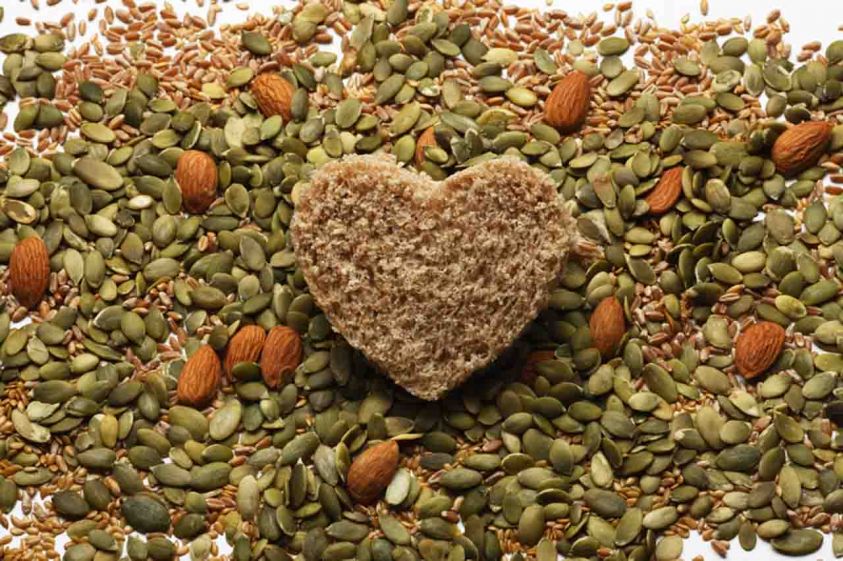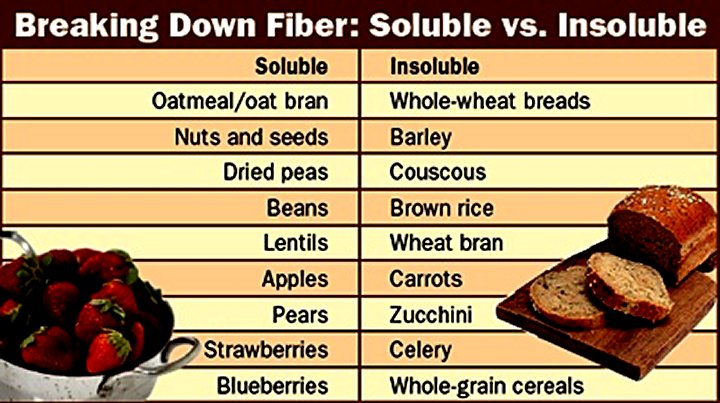High Fiber Diet
by TVance | October 11, 2016 7:45 am
Fiber is a natural component of foods, however the amount of fiber in different foods varies widely.
 [1]
[1]
Most people will benefit from a high fiber diet or at least take the necessary steps to add more fiber to their diet.
The benefits are worth it and it will help to avoid and reduce many of the lifestyle diseases that can largely be attributed to our modern diet.
Firstly, What Is Dietary Fiber?
Fiber is the non-digestible component of the foods we eat and provides no nutrient value or calories to our bodies.
Fiber cannot be digested and absorbed by the body, nor can it be processed by the body’s enzymes and utilized as a source of energy.
 [2]
[2]
So what good is it? As so many people today are either seeking to lose weight or struggling to avoid gaining extra weight, these attributes of fiber are a huge plus.
Fiber provides bulk to food consumed, moves through the digestive tract and is then excreted.
Most people eat more than their bodies need. A higher ratio of fiber in the diet means that appetite can be satisfied yet none of the fiber will ‘stick’ to the body. It will simply pass through it.
Therefore, fiber plays an important part in weight loss and contributes to maintaining a healthy digestive system.
Water Soluble and Non-Water Soluble Fiber
There are two types of fiber, water soluble and non-water soluble.
 [3]
[3]
Water soluble fiber, for example the fiber found in oats, beans and citrus fruits are soluble in water and form a gel-like substance that helps lower blood cholesterol levels.
Non-water soluble fiber, such as those found in whole wheat, vegetables, and potatoes are called bulk fiber.
They can’t be dissolved by the body and they pass through the intestines in their bulk form.
They aid in normal digestive functioning and assist the movement of materials through the intestines. Non-water soluble fiber also contributes to the bulk formation of the stool.
The recommended daily dosage of fiber can be easily acquired through mindful food choices.
However, research shows that many people do not eat enough fiber in their diet for optimum health.
Health Benefits of a High Fiber Diet
There are many health benefits to eating a high fiber diet. Some of the benefits include:
• Lowers LDL Cholesterol Levels
Fiber helps lower the bad cholesterol known as LDL. Lowering the bad cholesterol levels also assists in lowering the risk of atherosclerosis or blocking of the arteries, heart diseases and stroke.
• Lowers Blood Glucose Levels
Fiber aids in lowering blood glucose levels by reducing absorption of glucose in the body. It also absorbs excess water, fats, and bile salts in the body.
• Controls Appetite and Food Cravings
Although non-digestible itself, fiber slows the rate of digestion of the other food it travels with. This leaves a person feeling fuller for longer.
In this way fiber can help you lose weight by controlling your appetite and food cravings.
• Promotes Regular Bowel Movement
Fiber normalizes the gastrointestinal tract and promotes regular bowel movement.
As fiber absorbs excess water and is responsible for the bulkiness of the stool, it helps promote normal and regular movement of materials down the gastrointestinal tract.
• Prevents Hemorrhoids
Fiber can prevent internal hemorrhoids from developing in the gastrointestinal tract and can prevent risks of colon cancer.
Colon cancer can develop from incomplete waste removal from the body and the natural sweeping action of fiber helps the body dispose of all material waste completely.
• Other High Fiber Diet Benefits
Fiber slows down the movement of food from the stomach to the intestines. This is very beneficial to those with gastritis and duodenal ulcers as the intestines are less exposed to the high acidity of the stomach.
Fiber also helps in reducing vascular blockage and inflammation especially among diabetic patients.
Prevention is always better than cure and the best prevention of dis-ease is through healthier food choices.
[PC-Popup id=2]
- [Image]: https://alternativeresourcesdirectory.com/wp-content/uploads/2016/10/High-Fiber-Diet.gif
- [Image]: https://alternativeresourcesdirectory.com/wp-content/uploads/2016/10/high-fiber-diet-what-is-dietary-fiber.jpg
- [Image]: https://alternativeresourcesdirectory.com/wp-content/uploads/2016/10/high-fiber-diet-water-soluble-and-non-water-soluble-fiber.jpg
- https://alternativeresourcesdirectory.com/news/the-zone-diet: https://alternativeresourcesdirectory.com/news/the-zone-diet
- https://alternativeresourcesdirectory.com/news/5-benefits-of-a-short-term-all-vegetable-diet-detox: https://alternativeresourcesdirectory.com/news/5-benefits-of-a-short-term-all-vegetable-diet-detox
Source URL: https://alternativeresourcesdirectory.com/news/high-fiber-diet